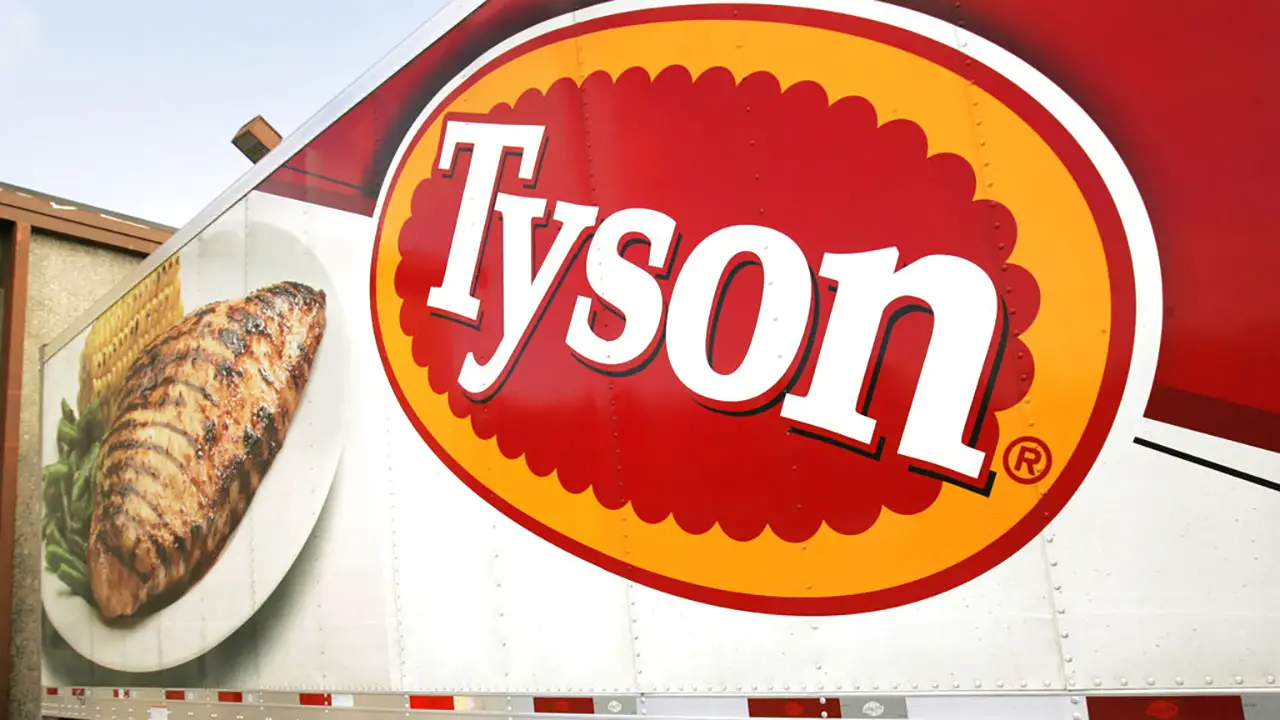Tyson Foods, a major player in the U.S. meatpacking industry, has recently announced a temporary reduction in operations at several of its facilities across the United States. This decision comes as a direct response to the severe winter weather conditions impacting the region. The company is actively striving to meet customer demands by shifting production to other locations that are not affected by the weather disruptions.
This scaling back of operations follows a recent incident where Tyson Foods, along with another leading meatpacker, Cargill, had to halt operations at their beef plants located in Kansas. This suspension was due to a significant snowstorm that hit the area, leading to a noticeable decrease in meat production in the U.S.
The impact of such weather-related disruptions is not only felt by the companies but also resonates throughout the supply chain, potentially affecting prices and availability of meat products in the market. Tyson Foods is known for its proactive approach in dealing with such challenges, emphasizing their commitment to maintaining a steady supply of products despite environmental setbacks.
Furthermore, these events highlight the vulnerability of the meatpacking industry to extreme weather conditions, underlining the need for more resilient and adaptable operational strategies. Tyson Foods’ ability to quickly redirect its operations to other facilities demonstrates a level of preparedness and flexibility, which is crucial in minimizing the impact of such unforeseen events on their production and supply chain.
Related: Tyson Foods & Cargill shut down beef plants


